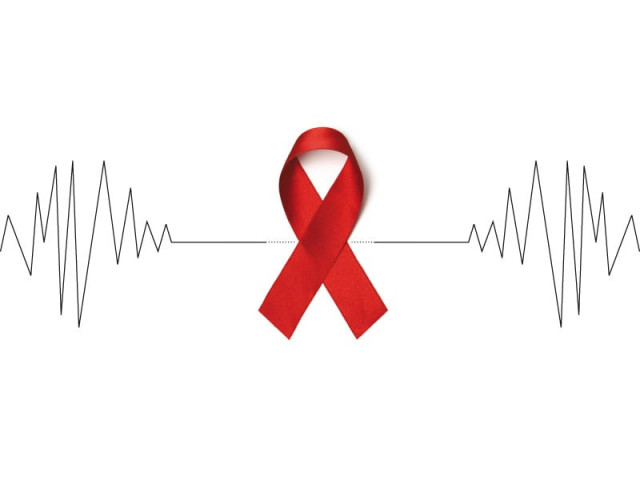There is life after cancer
Health experts call for clearing misconceptions about the disease through media campaigns.

Cancer has been a dreadful word for everyone. However health experts argue that apart from lack of awareness about the disease, one of the major reasons for terrifying people is the sheer number of deaths reported on the media.
Health experts say that majority of the people believe that the end result of cancer is death. But what people do not know is that 80 per cent of cancers are now curable if timely diagnosed and treated. They say the only way to clear this misconception is to spread awareness about cancer, adding that it is a duty that the media and civic society organisations need to take hands on.
They suggested that in urban areas, the media and non-government organisations can play a significant role in spreading awareness about cancer, its symptoms and prevention, and more importantly of success stories of people who have recovered from cancer. They said that rural or remote areas can be similarly targeted through lady health workers and volunteers. Also, by including a chapter about the different types of cancers in the school’s curriculum can go a long way in making the youth aware of the disease and the importance of timely treatment, the added.
But for some people knowing that cancer is curable is not enough. The substantial cost of treatment, the side-effects of the treatment and the stigmas attached to the disease keep a lot of people at bay.
Among such people was Shazia*, a 34-year-old woman who was diagnosed with blood cancer two months ago but she kept refraining from visiting an oncologist. Thinking her family was already financially burdened after the death of her father from a similar medical condition around eight years ago, she burnt all her test reports to keep her disease a secret. Moreover, without any professional consultation she administered a low-cost vaccine that she came to know from some random sources that would stop her cancer from spreading.
Now, her mother curses herself for not being able to judge that her symptoms were of cancer. She recalls that she would give her daughter soft diet thinking she only had an upset stomach.
Another saddening story is of Shahida*, a 38-year-old mother of three who recently died of cervical cancer in Sindh. Her mother, Zahida, believed that her condition was “a punishment from god of our bad deeds” and she took her to a pir (spiritual healer) in her village for treatment. “The healer did all he could,” she said, adding that she even tried “home remedies” for he condition that she did not understand. But Shahida did not survive.
Ironically, Zahida works as a helper at a private medical clinic and could have easily gotten her daughter checked by a medical practitioner.
Health Awareness Society Director Dr Samia Babar says cervical cancer is the only type of cancer that is spread through a virus and is preventable through a vaccine. Other types of cancers are non-communicable and are not treatable through vaccination, she explained.
“Parents invest a lot of money in preparing dowry for their daughters with the aim of securing her married life. However, if a small portion of it is spent on vaccinating against cervical cancer they will actually be securing her life,” she said.
She also urged women to regularly self-examine their breast to help early diagnosis of breast cancer.
Shifa International Hospital Islamabad’s Consultant Oncologist Dr Mohammad Ali Afridi said if cancer is diagnosed in its early stages and treatment is initiated, the patient has around 70 to 95 per cent chance of being cured. Although he added that chances of survival vary depending on factors such as age and the patient’s response to treatment. He added that the sooner the patient is diagnosed of cancer and initiates treatment, the lesser is the cost incurred in managing the disease.
Dr Afridi said that symptoms are different for each type of cancer; however, patients undergoing weight loss is common among all cancer types. He said that though the seven symptoms identified by the American Cancer Society are good determinants in cancer diagnosis, these signs can also be of diseases other than cancer. He still strongly advised everyone to consult their doctor if they experience any of these symptoms.
He said many patients fear that during the treatment for cancer, referring to chemotherapy in particular, people fear they will permanently loose the hair on their scalp and their eyebrows. He assured patients that the hairs they lose through chemotherapy are recovered within a few months.
Signs of cancer
The American Cancer Society has identified 7 symptoms which could be a sign of cancer.
A change in bowel or bladder habits
A sore that does not heal
Unusual bleeding or discharge from any place
A lump in the breast or other parts of the body
Chronic indigestion or difficulty in swallowing
Obvious changes in a wart or mole
Persistent coughing or hoarseness
Published in The Express Tribune, January 23rd, 2012.



















COMMENTS
Comments are moderated and generally will be posted if they are on-topic and not abusive.
For more information, please see our Comments FAQ